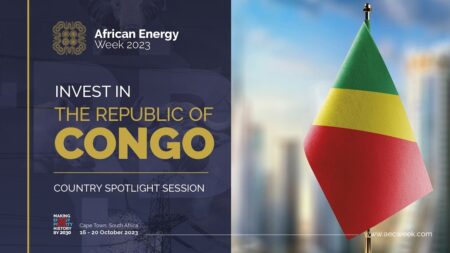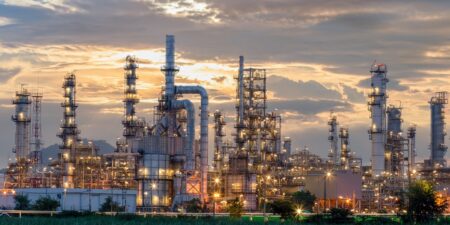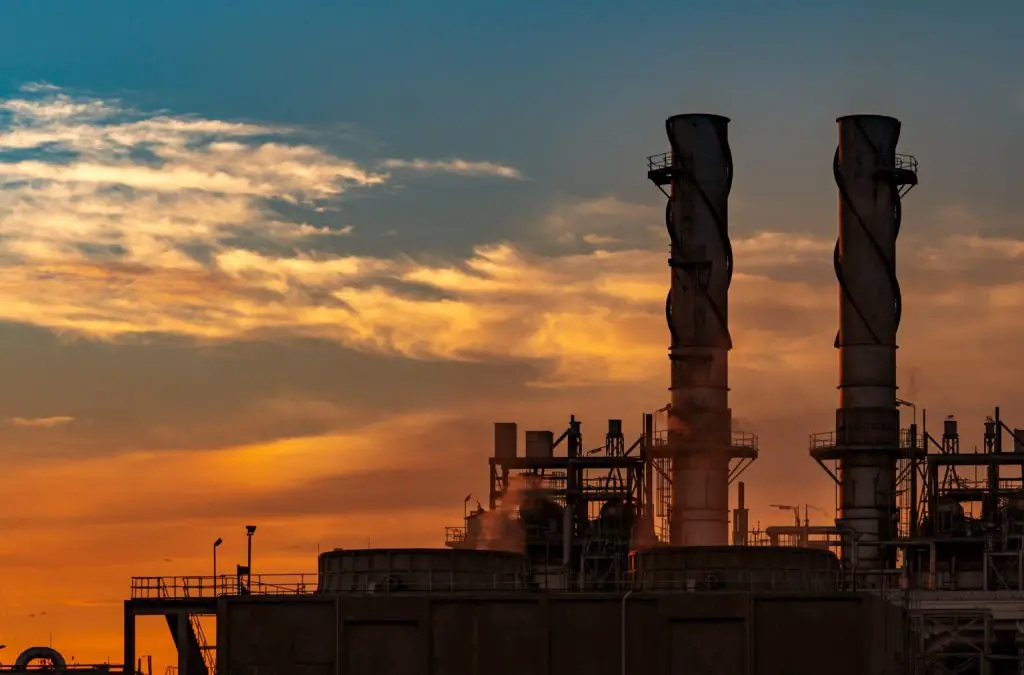Trending
- The most stressful cities to live in 2024 exposed
- Tech ventures can now apply for the Africa Tech Summit London Investment Showcase
- State of journalism survey 2024 shows media houses are lagging in AI adoption
- Forum sets the stage to unleash global potential for startups during AIM Congress 2024
- Consumer Expenditure in Kenya on a Six-Month High
- Kenya Ports Authority Invests $31 Million in State-of-the-Art Cranes for Lamu Port
- Fintechs should develop products that address the exact needs of their customers
- New report exposes alarming rise in remote desktop protocol fraud by cybercriminals








